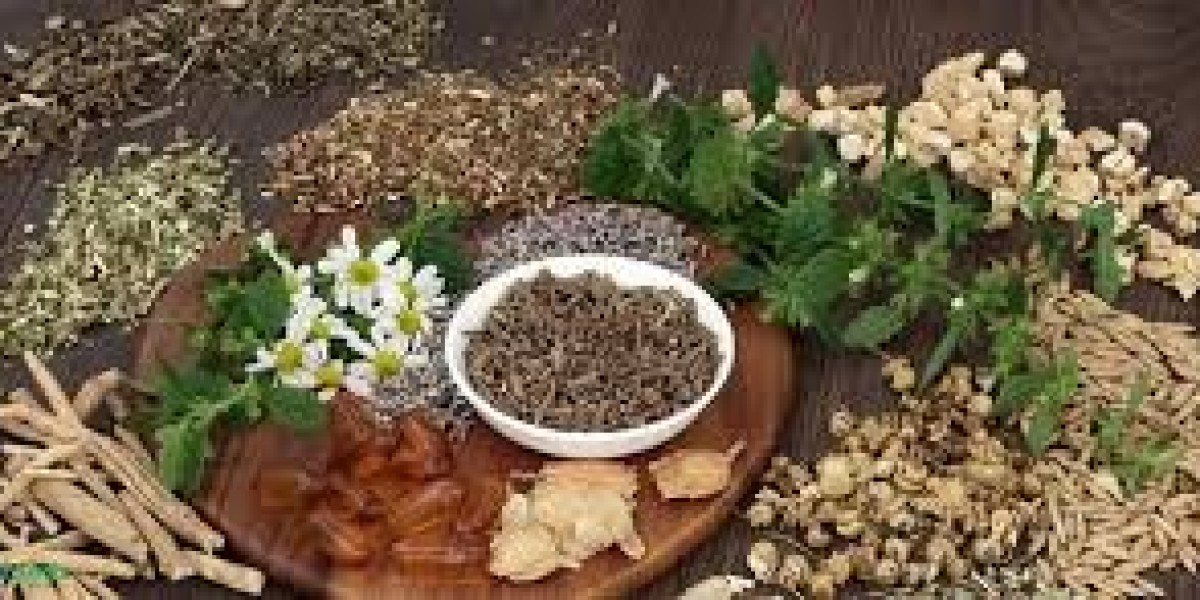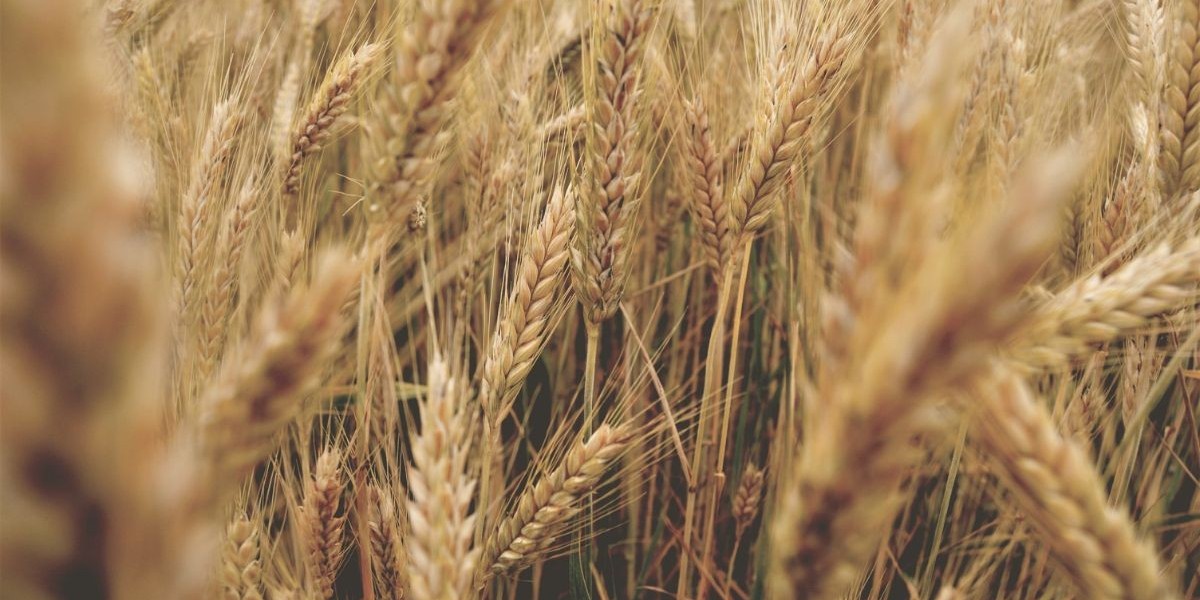High blood pressure, also known as hypertension, is a common health condition that affects millions of people worldwide. It occurs when the pressure of blood flowing through your arteries is consistently too high, putting extra strain on your heart and blood vessels. Left unmanaged, hypertension can lead to serious health complications, including heart attacks, strokes, and kidney problems. While modern medicine offers several treatments for high blood pressure, many people are turning to Ayurvedic medicine for its holistic and natural approach to healing.
Ayurveda, the ancient Indian system of medicine, focuses on restoring balance within the body by addressing the root cause of the problem. Ayurvedic remedies for high blood pressure aim to lower blood pressure naturally, improve heart health, and maintain overall wellness. In this article, we will explore some of the best Top Ayurvedic Remedies for Hypertension and practices to help manage high blood pressure effectively.
Understanding High Blood Pressure in Ayurveda
According to Ayurveda, hypertension is often associated with an imbalance of the three doshas – Vata, Pitta, and Kapha. Each dosha represents a specific energy that governs bodily functions. When these doshas are out of balance, it can lead to various health problems, including high blood pressure.
Vata Dosha Imbalance: An overactive Vata dosha can cause stress, anxiety, and irregular blood flow, which may contribute to high blood pressure.
Pitta Dosha Imbalance: Excess Pitta energy leads to anger, irritability, and inflammation, which can result in increased blood pressure.
Kapha Dosha Imbalance: A Kapha imbalance can lead to weight gain, sluggishness, and water retention, which may raise blood pressure levels.
Ayurvedic treatments for hypertension focus on balancing these doshas through natural medicines, lifestyle changes, and dietary adjustments.
Best Ayurvedic Medicines for High Blood Pressure
Several Ayurvedic herbs and formulations have been traditionally used to lower blood pressure and improve cardiovascular health. Here are some of the most effective ones:
1. Arjuna (Terminalia arjuna)
Arjuna is one of the most popular Ayurvedic herbs for heart health. It is known for its cardioprotective properties and ability to regulate blood pressure. The bark of the Arjuna tree contains antioxidants and bioactive compounds that strengthen the heart muscles, improve blood circulation, and reduce stress on the cardiovascular system. Regular consumption of Arjuna can help maintain healthy blood pressure levels.
How to Use: Arjuna powder or capsules are widely available in Ayurvedic stores. You can mix Arjuna powder with warm water or milk and drink it daily.
2. Brahmi (Bacopa monnieri)
Brahmi is an adaptogenic herb that helps reduce stress and anxiety, which are common contributors to high blood pressure. It calms the mind, improves cognitive function, and regulates blood flow. By reducing mental stress, Brahmi helps lower both systolic and diastolic blood pressure.
How to Use: Brahmi can be consumed as a tea, powder, or capsule. Drinking Brahmi tea daily can be particularly effective for stress-induced hypertension.
3. Ashwagandha (Withania somnifera)
Ashwagandha is a powerful adaptogen that reduces stress and promotes relaxation. Chronic stress is one of the leading causes of high blood pressure, and Ashwagandha helps by lowering cortisol levels in the body. Additionally, it improves heart function and blood circulation.
How to Use: Ashwagandha is available in powder or capsule form. Taking it daily before bedtime can promote better sleep and reduce stress-related high blood pressure.
4. Sarpagandha (Rauwolfia serpentina)
Sarpagandha is a well-known Ayurvedic herb used for managing high blood pressure. It contains alkaloids that help relax blood vessels and reduce blood pressure. Sarpagandha is often recommended for severe cases of hypertension. However, it should only be taken under the guidance of an Ayurvedic practitioner, as it can have strong effects.
How to Use: Sarpagandha is available as tablets or capsules. Always follow the dosage recommended by your Ayurvedic doctor.
5. Punarnava (Boerhavia diffusa)
Punarnava is a diuretic herb that helps reduce water retention and lower blood pressure. It also supports kidney health and improves blood circulation. Punarnava is particularly beneficial for people with hypertension caused by Kapha dosha imbalance.
How to Use: You can take Punarnava powder with water or consume it as a capsule or decoction.
6. Triphala
Triphala is a combination of three fruits – Amalaki (Indian gooseberry), Bibhitaki, and Haritaki. It is a powerful antioxidant and detoxifying formula that helps cleanse the blood vessels and improve heart health. By promoting better digestion and circulation, Triphala aids in maintaining healthy blood pressure levels.
How to Use: Triphala powder can be mixed with warm water and consumed daily before bedtime.
Ayurvedic Lifestyle Tips for Managing High Blood Pressure
In addition to taking Ayurvedic medicines, making certain lifestyle changes is crucial for managing high blood pressure. Ayurveda emphasizes a holistic approach to health, and incorporating these practices can enhance the effectiveness of treatment:
Eat a Balanced Diet: Include fresh fruits, vegetables, whole grains, and healthy fats in your diet. Reduce salt intake and avoid processed foods, as they can raise blood pressure. Favor foods that are cooling and calming for the body, such as cucumbers, leafy greens, and coconut water.
Practice Yoga and Meditation: Yoga poses like Shavasana (Corpse Pose), Balasana (Child’s Pose), and Anulom Vilom (Alternate Nostril Breathing) can help relax the mind and body. Meditation also helps reduce stress and anxiety, which are major contributors to high blood pressure.
Stay Active: Regular physical activity, such as walking, swimming, or light jogging, can improve cardiovascular health and reduce hypertension.
Maintain a Healthy Weight: Being overweight or obese puts extra strain on your heart. Ayurvedic herbs like Guggulu can help in weight management.
Avoid Stimulants: Limit or avoid caffeine, alcohol, and tobacco, as they can increase blood pressure.
Sleep Well: Poor sleep can worsen hypertension. Create a calming bedtime routine and aim for 7-8 hours of quality sleep each night.
The Role of Diet in Ayurvedic Treatment for High BP
Ayurveda places significant emphasis on diet, as it directly affects the balance of doshas in the body. For managing hypertension, the following dietary recommendations are often suggested:
Increase Potassium-Rich Foods: Bananas, spinach, sweet potatoes, and avocados are excellent sources of potassium, which helps regulate blood pressure.
Consume Garlic: Garlic has been shown to reduce blood pressure due to its natural blood-thinning properties.
Use Herbs and Spices: Spices like turmeric, cumin, and coriander have anti-inflammatory and heart-friendly properties.
Stay Hydrated: Drink plenty of water throughout the day to keep your blood pressure in check.
Final Thoughts
Ayurvedic medicine offers a natural and holistic approach to managing high blood pressure by addressing its root causes and restoring balance within the body. Herbs like Arjuna, Brahmi, Ashwagandha, and Sarpagandha are highly effective in controlling hypertension when used as part of a comprehensive treatment plan. Along with Ayurvedic remedies, adopting a healthy lifestyle, practicing yoga, and following a balanced diet can significantly improve your heart health and overall well-being.









